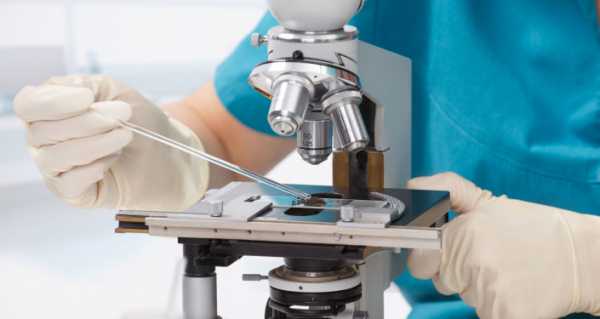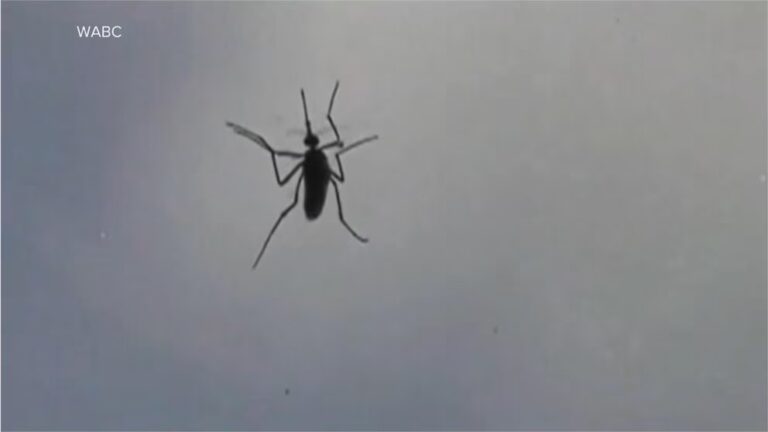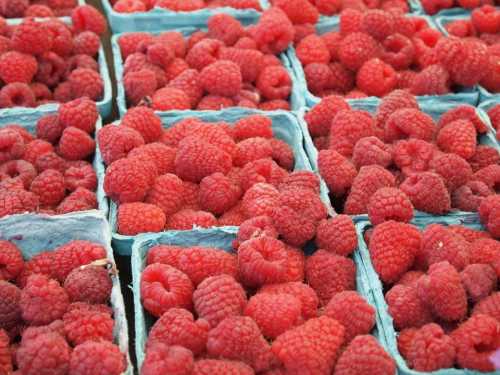
The perks of the needle-free Finnish vaccine include it being stored at refrigerator temperature, being inexpensive to produce, and requiring only one dose per person. However, its method of delivery implies less control over dosage, while its efficacy remains to be seen.
A Finnish nasal vaccine against the coronavirus has proven effective on rodents, and tests on humans will start later this summer.
While offering benefits to patients who dislike being stung with a needle, the intake method has been chosen for purely immunological reasons, Professor of virology Kalle Saksela at the University of Helsinki, who leads the development of the vaccine, explained to national broadcaster Yle.
The ambition is therefore to stop the coronavirus completely at an early stage so that the vaccinated person doesn’t fall ill, and doesn’t infect others. If successful, this would be a big improvement over the vaccines currently in use and eliminate the risk of the virus mutating in vaccinated people, which may result in more dangerous and contagious variants.
Additional perks of the Finnish vaccine are that it can be stored at refrigerator temperature and is inexpensive to produce. Another benefit to the vaccine is that one dose per person is enough, as no “booster” dose is necessary.
The nasal approach also has its disadvantages, as doctors have less control of how large a dose the patient actually receives, compared to an injection.
The mechanics of the Finnish vaccine are very similar to the approach utilised by other manufacturers such as AstraZeneca or the Gamaleya Institute. It contains a gene code of the coronavirus packaged inside a harmless adenovirus, a common cold virus, modified so that it cannot replicate.
The efficacy of the Finnish vaccine remains to be seen, but tests on mice and hamsters have proven a success, Saksela said.
However, the animal experiments are still underway and the results have not yet been published.
Anticipating talks with the Finnish drug authority Fimea on human tests, a company has already been founded in order to be able to obtain marketing authorisation for the vaccine. The tests are likely to run in Kuopio and Helsinki, and interest from volunteers has been high.
“To get ahead quickly in the development, we would need more resources, and we are now looking for both public and private funding”, Saskela said.
So far, the project has only received funding from the Academy of Finland. Seen internationally, this is a rather small-scale COVID-19 vaccine project.
Finland has been relatively mildly hit by the COVID-19 pandemic. Having seen about 52,000 cases and 725 fatalities, it has fared better than its Nordic neighbours such as Sweden or Denmark.
Sourse: sputniknews.com






